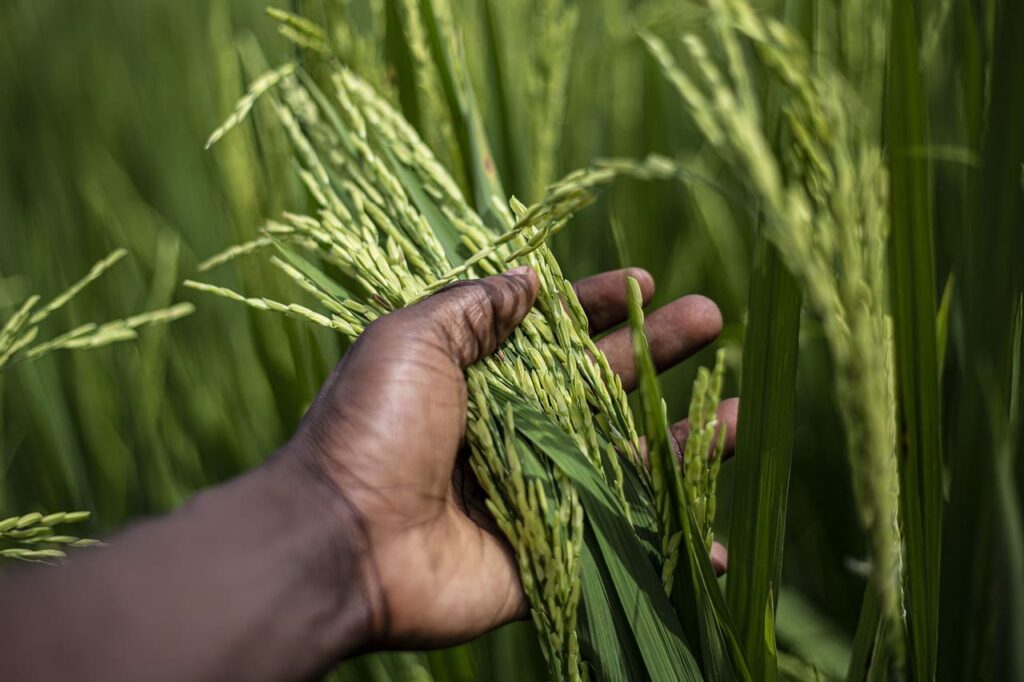
Introduction: In recent years, the demand for chemical-free, organic food has surged worldwide. Consumers are increasingly conscious about what they eat, prioritizing health and sustainability. As a result, exporting chemical-free food to other countries has become not just a business opportunity but a mission to promote well-being and environmental stewardship on a global scale. In this blog, we’ll explore the significance of exporting chemical-free food, the challenges involved, and the rewarding outcomes for both producers and consumers.
Why Export Chemical-Free Food?
-
Health Consciousness: Consumers worldwide are becoming more health-conscious, seeking foods free from harmful chemicals, pesticides, and additives. Exporting chemical-free food allows producers to tap into this growing market demand and cater to discerning consumers who prioritize their well-being.
-
Environmental Sustainability: Chemical-free farming practices not only benefit human health but also promote environmental sustainability. By exporting organic produce, farmers contribute to preserving biodiversity, conserving natural resources, and reducing pollution, making a positive impact on the planet.
-
Cultural Exchange: Exporting chemical-free food facilitates cultural exchange and appreciation for diverse culinary traditions. It allows consumers in other countries to experience the authentic flavors and nutritional benefits of organic, locally sourced ingredients, fostering a deeper connection to food and its origins.
Challenges and Solutions:
-
Certification and Compliance: Meeting international standards and certifications for organic food can be challenging for exporters. However, investing in proper certification processes and compliance measures ensures credibility and trustworthiness in the global market.
-
Logistics and Transportation: Maintaining the freshness and quality of chemical-free food during transportation across borders requires careful planning and logistics management. Implementing efficient cold chain systems and partnering with reliable logistics providers are essential to preserve the integrity of the products.
-
Market Access and Competition: Accessing international markets and competing with established brands can be daunting for exporters. Building strategic partnerships, conducting market research, and differentiating products based on quality, sustainability, and authenticity can help exporters carve a niche and stand out in competitive markets.
Conclusion: Exporting chemical-free food presents a significant opportunity for farmers, producers, and consumers alike. It promotes health and sustainability while fostering economic growth and cultural exchange on a global scale. By embracing the principles of organic farming and prioritizing quality and integrity, exporters can nourish global markets with wholesome, chemical-free food, enriching lives and shaping a healthier, more sustainable future for generations to come.
Hi, this is a comment.
To get started with moderating, editing, and deleting comments, please visit the Comments screen in the dashboard.
Commenter avatars come from Gravatar.